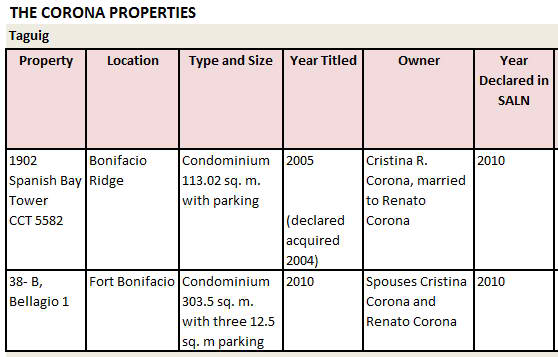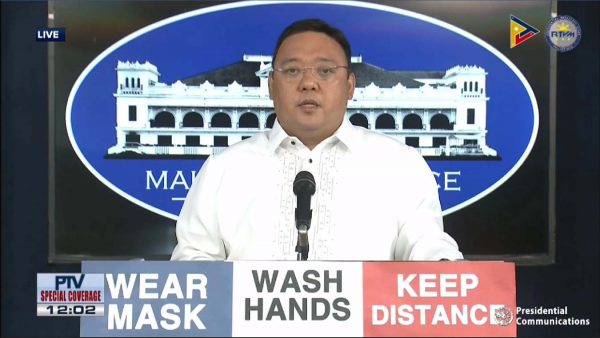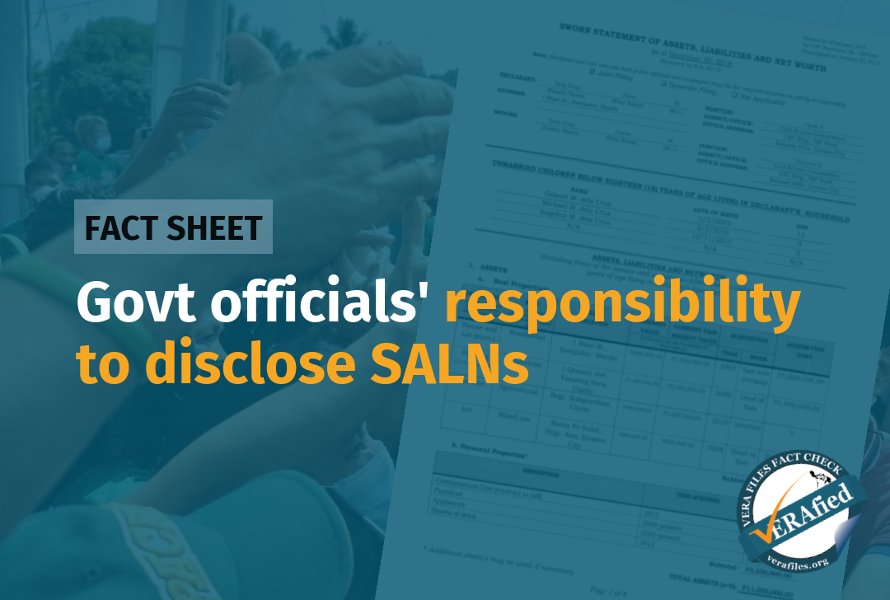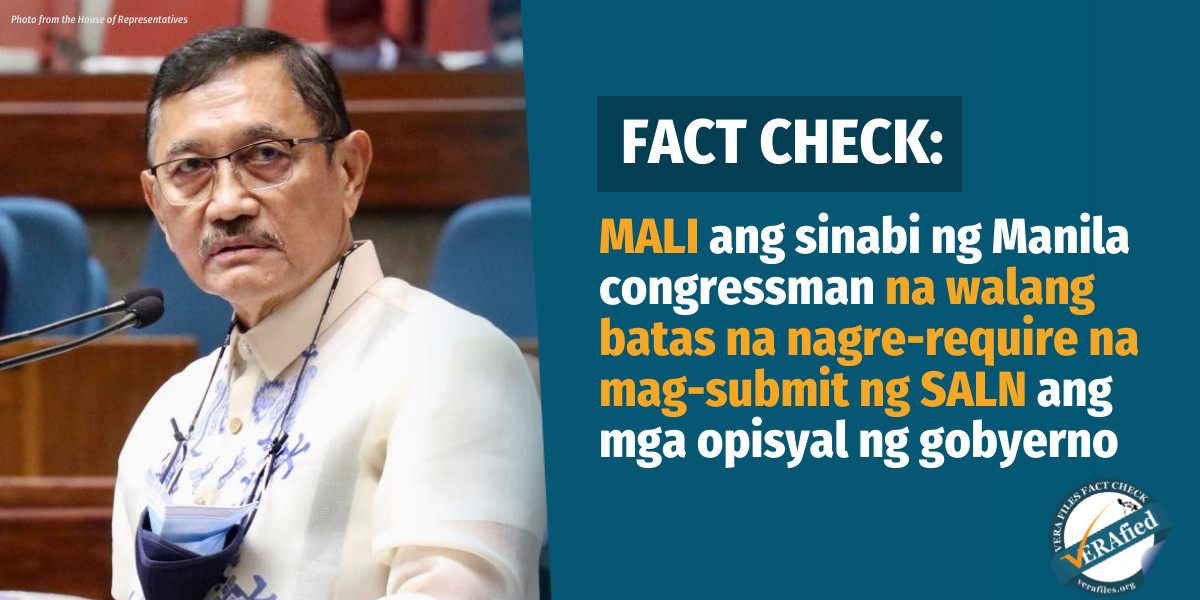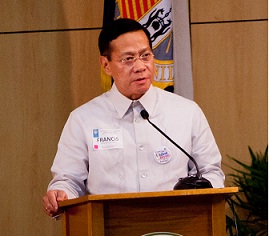 By LLOYD REYES AND REYNARD MAGTOTO
By LLOYD REYES AND REYNARD MAGTOTO
THIS June, consultations on the revised Statement of Assets, Liabilities and Net Worth (SALN) form to be the drafted by a newly formed technical working committee of the Civil Service Commission headed by Chairman Francisco Duque himself will begin.
This time around, the CSC is making sure the new SALN Form —the fourth version in the making — will be acceptable to all affected sectors, particularly government workers and labor unions.
Considering that local government units (LGUs) and labor unions form a significant part of the bureaucracy, Duque said they would now be included in the technical working committee. This, he hopes, will be the key to ensure that the new form will not suffer the same fate as the three other revised SALN forms that had been shelved due to questions raised by various sectors.
“So ‘yun ang malaking pagbabago ngayon; nagbubuo ako ng bagong technical working committee but this time, I will personally chair it. (That will be the big difference, I am creating a new technical working committee but this time, I will personally chair it),” he said.
The lack of representation from the most affected sectors was the reason for the shelving of the revised SALN form of 2011, according to Duque.
The Commission came up with a two-part SALN form in 2008, consisting of: 1) the Baseline Declaration for an employee’s earnings, assets and liabilities, and 2) the Annual Declaration where an employee’s additional information will be declared for succeeding years. The third form was introduced in September 2011 to be used in the 2011-2012 declaration.
The CSC has deferred the use of both 2008 and 2011 forms, allowing instead the use of the first SALN form released in 1994.
Duque said the technical working committee that recommended the 2011 SALN form was composed of representatives from the Office of the President, Ombudsman, Commission on Audit, Supreme Court, Department of Justice, Sandiganbayan, and both Houses of Congress. The CSC chaired the committee.
The strongest objections aired by various sectors were on the new features of the form, requiring the declaration of all sources of income, family and personal expenditures, and taxes paid. Duque said that even members of the Senate and the House of Representatives are also against this.
Many government workers said they are ill-equipped to accomplish the new form. Terms like community property, paraphernal property, conjugal property, tangible assets, and intangible assets are too technical for a layperson to understand.
Marlene Aguilar, head of the Quezon City Personnel Office, cited this example: “Halimbawa may loan ka, mga GSIS. Paano yung sa labas, yung mga 5-6? Ide-declare mo ba yun, kung kanino ka nangutang, kung magkano (For example, you have loans, like GSIS. How about those outside, like 5-6? Should you declare them)?”
Ellen M. Conwi, supervising administrative officer in a government office in Mandaluyong, said: “Yung bago, mahirap sya kasi ang daming hinihinging expenses, syempre iisipin mo maaalala mo pa ba yung nakaraan. Kasi assets lang at liabilities ang hinihingi, bakit pa kailangang malaman ang expenses? Dapat yun lang (The new form is difficult to fill out because it asks for too many expenses. Do you think you can remember the past? Only assets and liabilities are being asked, why is there a need to know the expenses? It should only be those).”
Ricardo B. Bonda, a government employee, added: “Kasi kami naman magra-rough estimate lang, halimbawa yung electricity at water, maximum of P1, 000 ang electricity minimum P600 ang tubig, imu-multiply lang namin by twelve yun to get the annual expenses. Hindi naman sinabi sa SALN na please attach receipts and proof of billing (We can only use rough estimates, like in electricity and water bills, maximum of P1,000 in electricity minimum P600 in water, we will just multiply it by twelve to get the annual expenses. The SALN does not require that we attach receipts and proof of billing).”
According to Aguilar, some employees even said they would need to hire accountants to help them fill up the deferred SALN form properly in order to avoid the steep penalties that could be imposed for noncompliance—i.e., up to six months suspension for the first offense and dismissal for a second offense.
Duque said it was not the CSC that came up with these penalties, which are those already provided by law.
Whether the latest version of the SALN which the committee headed by Duque is set to draft will be as detailed as the earlier version remains to be seen.
“Hindi na siguro, pero mahirap nang pangunahan ang technical working committee kasi kung meron man akong sasabihin, it’s my own personal opinion (Maybe not, but it’s hard to pre-empt the technical committee because whatever I may say, it’s my own personal opinion),” Duque quipped.
(The authors are journalism students, who are writing for VERA Files as part of their internship.)
